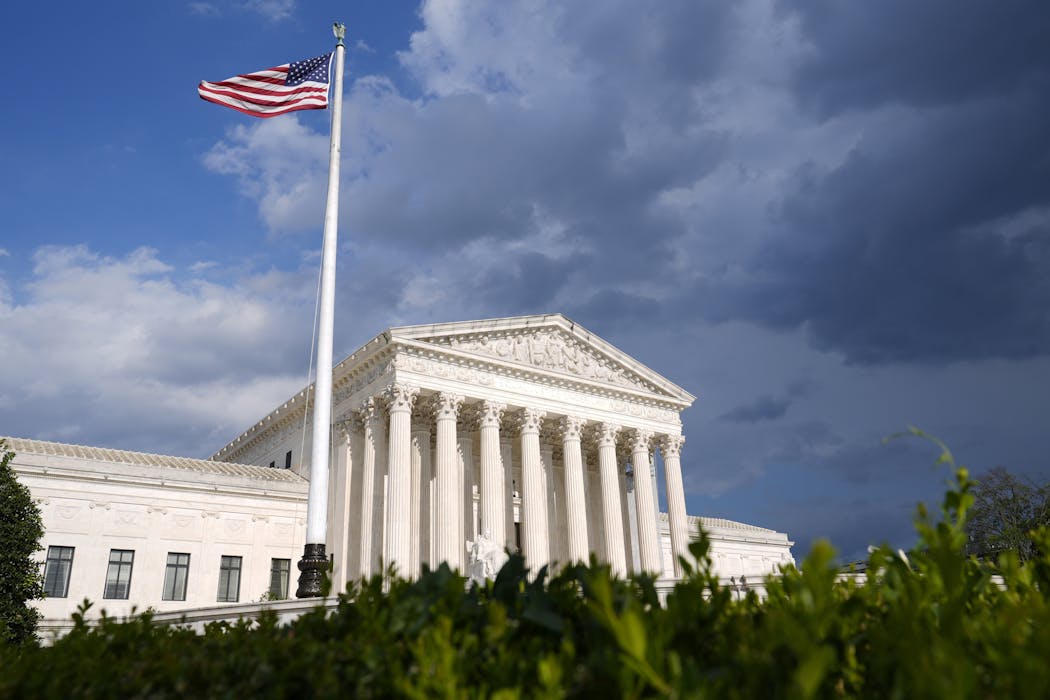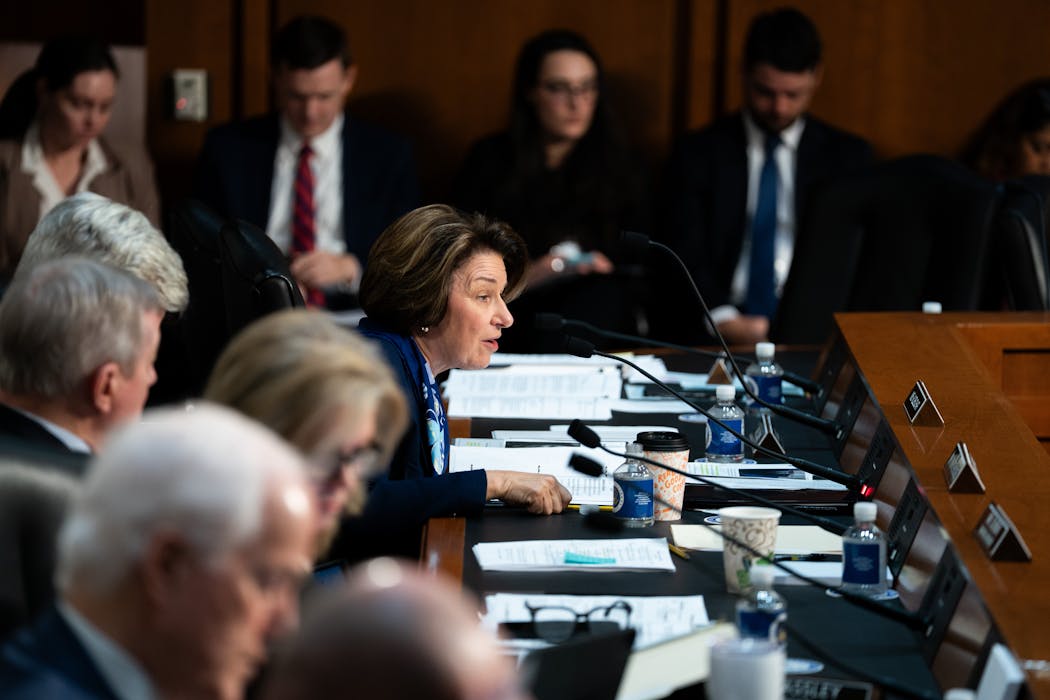To get more women leading universities we need a code of conduct for search firms
 A rarity for university vice-chancellors. Hand shake via Andrey_Popov/Shutterstock
A rarity for university vice-chancellors. Hand shake via Andrey_Popov/ShutterstockOnly 20.1% of university vice-chancellor and principals are women, according to a new report from the Equality Challenge Unit. This wide gender gap at the top of universities makes it all the more vital to address equality in the way higher education leaders are recruited.
Recent research published by the Leadership Foundation for Higher Education showed how universities are increasingly making use of executive search firms to hire top managers.
Between 2006 and 2013, executive search firms were used in 98% of vice-chancellor appointments and in 61% of externally advertised pro vice-chancellors jobs. Universities tend to rely on a small number of firms which specialise in higher education, but the report argues that this raises a number of questions as to “the freshness of each search”, potential conflicts of interests and the recycling of candidates.
Reinforcing the status quo
This evidence adds to the findings from a study that colleagues and I did on gender and leadership, commissioned by the Equality Challenge Unit and the Leadership Foundation for Higher Education. Men and women in leadership roles who participated in that study raised questions as to whether search firms actually help to increase gender diversity or rather contribute to reinforcing the status quo.
In spite of search firms being involved in almost all the appointment of vice-chancellors and principals for several years, women’s representation in these roles is still very low – especially when they make up 53.9% of the sector’s workforce. We’ve recommended that the sector should develop a code of conduct for the use of executive search firms in the making of senior appointments.
Bound by legal duty
An important factor seems to have been overlooked – that universities are subject to the Public Sector Equality Duty (PSED), introduced by the Equality Act 2010. This requires them to pay due regard to the need to eliminate discrimination, to advance equality of opportunity and to encourage persons who share a relevant legally protected characteristic (such as gender) to participate in public life.
These provisions are meant to make the promotion of equality central to the work of higher education, including to its employment practices. But by using executive search firms in the selection and recruitment for leadership roles, universities are outsourcing part of this function to an external provider. Yet they are still responsible for ensuring that the Public Sector Equality Duty is complied with throughout the recruitment process – including those stages that are managed by search firms.
The adoption of a code of conduct for search firms could help to ensure that equality standards are met at every stage of the selection and recruitment process. Many universities require staff who sit on recruitment panels to have undertaken equality and diversity training. Staff at executive search firms working for universities should also have to have appropriate equality training.
Davies-style review
A voluntary code of conduct for executive search firms already exists in the private sector where it was adopted following a 2011 review by Lord Davies on women’s participation on company boards.
In September 2014, the Department for Business, Innovation and Skills, launched an enhanced version of this code, recommending that search firms publish anonymised hiring data relating to long-lists, short-lists and appointments.
It also offers an accreditation process for those firms which have a demonstrable track-record in helping their clients to achieve greater gender diversity. There is much that the higher education sector could learn from the work of Lord Davies and his steering group in order to develop a code to advance equality of opportunities in senior recruitment at universities.
But search firms are just one key player in the recruitment process for senior appointments. The role of governing bodies and the interviewing process itself also need to be kept under better scrutiny. This part of the process ought to comply with the Public Sector Equality Duty too. Closing the gender gap must be a priority for higher education. Perhaps the sector should set up its own Davies-style review to achieve this goal in the near future.
Simonetta Manfredi has received funding from the former Department of Trade and Industry, European Commission, European Social Fund, Equality Challenge Unit, Higher Education Funding Council for England and the Leadership Foundation for Higher Education.














